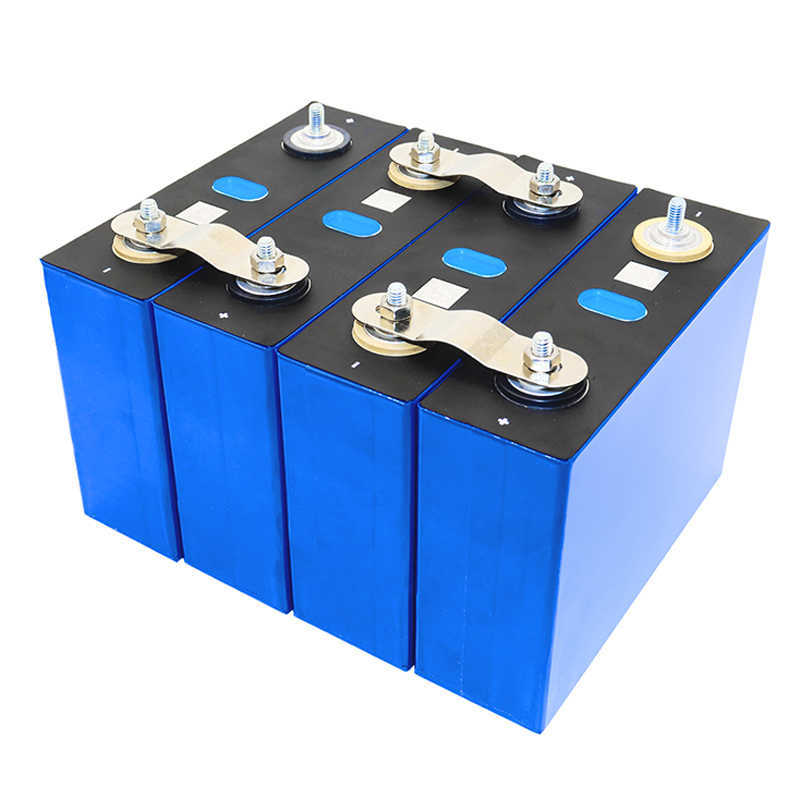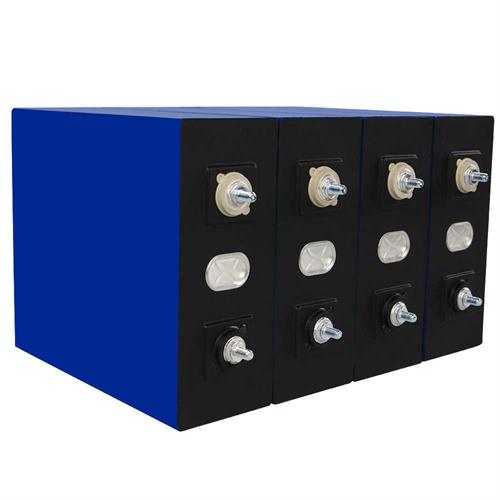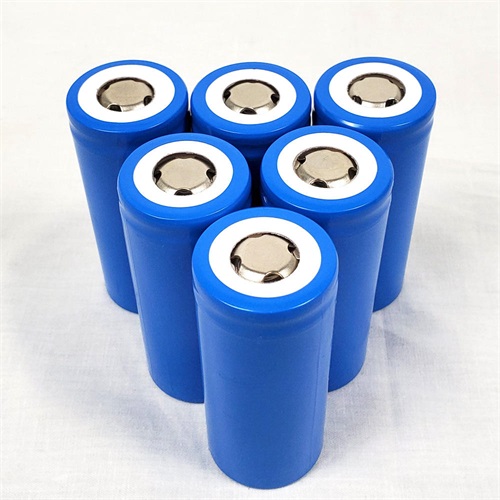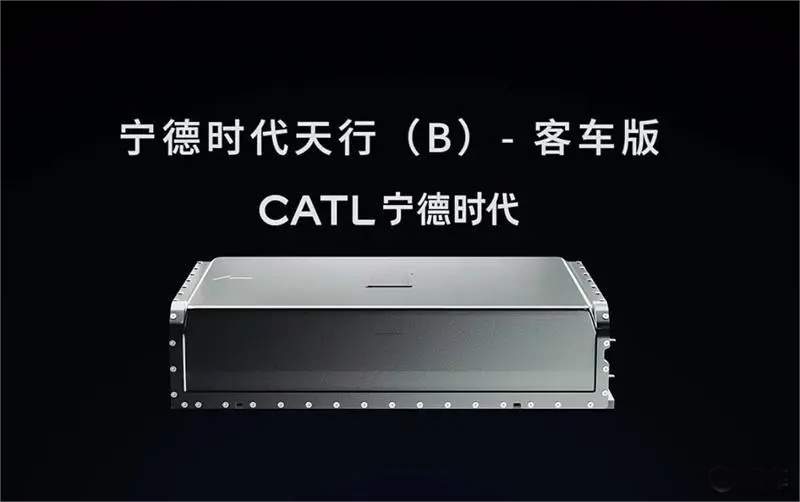Exploring the Future of Lithium-Ion Battery Applications Trends and Innovations
Exploring the Future of Lithium-Ion Battery Applications: Trends and Innovations
Introduction to Lithium-Ion Batteries
Lithium-ion batteries have become synonymous with modern technology, powering everything from smartphones to electric vehicles. Their lightweight design and high energy density make them an ideal choice for portable electronics and renewable energy storage. As we advance further into the 21st century, the applications of lithium-ion batteries continue to evolve, driven by innovation and the growing demand for sustainable energy solutions.

Current Applications
The versatility of lithium-ion batteries is evident in their wide range of current applications. In personal electronics, these batteries have revolutionized the way we interact with technology, enabling longer usage times for smartphones, tablets, and laptops. In the automotive sector, electric vehicles (EVs) are gaining popularity as consumers become more environmentally conscious. Lithium-ion technology is at the heart of this transformation, offering vehicles that produce zero emissions without sacrificing performance.
Energy Storage Solutions
Beyond consumer electronics and transportation, lithium-ion batteries play a crucial role in energy storage solutions. As the world shifts towards renewable energy sources like solar and wind, effective energy storage is essential for a stable power supply. Lithium-ion batteries allow for the storage of excess energy generated during peak production times, enabling a more balanced supply and demand. This integration not only supports the grid but also fosters a cleaner energy ecosystem.
Emerging Trends in Battery Technology
As we look to the future, several trends are shaping the development of lithium-ion battery technology. One major focus is enhancing energy density, which would allow devices to run longer on a single charge. Innovations such as solid-state batteries are making headlines, promising increased safety and efficiency compared to conventional designs. Additionally, researchers are exploring the use of alternative materials to reduce reliance on lithium and cobalt, making battery production more sustainable and cost-effective.
The Role of Recycling and Sustainability
With the rising adoption of lithium-ion batteries, recycling has become a critical component of sustainability efforts. As battery usage proliferates, so does the need for effective end-of-life solutions. Companies are increasingly investing in recycling technologies that can recover valuable metals and materials from old batteries. This not only minimizes environmental impact but also helps to create a circular economy, reducing the need for new raw materials and lowering carbon footprints.
Looking Ahead: Challenges and Opportunities
While the future of lithium-ion batteries holds immense potential, several challenges must be addressed. Manufacturing processes need to scale up to meet the surging demand, and safety concerns surrounding battery failures require ongoing attention. Moreover, the supply chain for raw materials must be optimized to ensure a steady flow without detrimental impacts on the environment. However, these challenges also present opportunities for innovation, collaboration, and investment in research and development.

Conclusion
In summary, lithium-ion batteries are at the forefront of a technological revolution that is reshaping how we live and interact with our environment. From powering our devices to enabling the green energy transition, their applications are diverse and ever-expanding. As advancements continue to unfold, coupled with a strong focus on sustainability and recycling, lithium-ion batteries will undoubtedly play a pivotal role in our future energy landscape. Embracing these changes will not only enhance our quality of life but also contribute to a more sustainable world.

